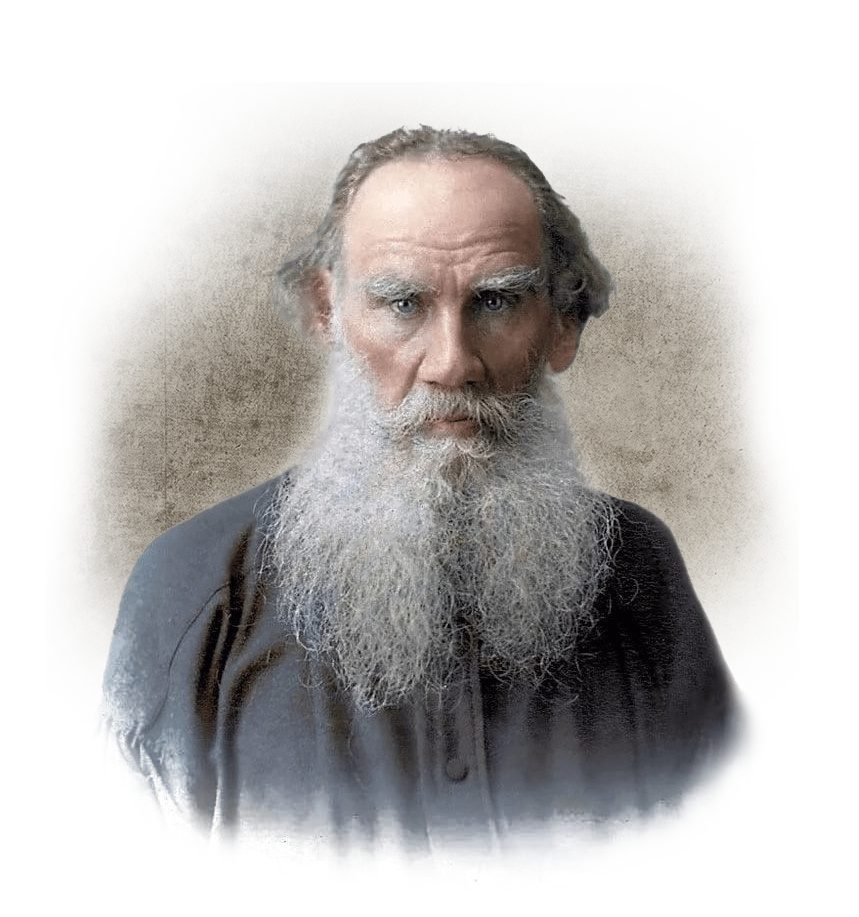
29.12.2023
Leo Tolstoy, an outstanding Russian writer and thinker of the 19th century, was not only a famous writer, but also a man of deep religious faith. However, his relationship with the church over time became complicated and contradictory, which led to his final renunciation of the institution of the church.
Leo Tolstoy, an outstanding Russian writer and thinker of the 19th century, was not only a famous writer, but also a man of deep religious faith. However, his relationship with the church over time became complicated and contradictory, which led to his final renunciation of the institution of the church.
Tolstoy and his religious beliefs
In his early years, Tolstoy was fascinated by Christianity and its teachings on love, compassion and peace. He aspired to live according to the principles of Christianity and saw this as the basis for his life and writing. However, his views gradually began to change under the influence of his own experience and observations of society.
Criticism of the Church hierarchy and dogmas
Tolstoy increasingly criticized the church hierarchy and its ties to the state. He saw how church leaders were losing the true message of Christianity within bureaucratic structures and the pursuit of their own interests. His beliefs clashed with the official interpretation of faith, which led to sharp contradictions.
The Evolution of Tolstoy’s Philosophy
Tolstoy began to develop his own interpretations of Christianity, which emphasized spirituality, morality and non-violence. He rejected the dogmatic principles of the church in favor of the simplicity of the true teaching of Christ. His philosophy became focused on the active pursuit of love and peace in a world where the church played an increasingly less significant role.
Final renunciation of the Church
Eventually, relations between Tolstoy and the church escalated so much that he was excommunicated and declared a heretic. This was the result of a long process of discord between his philosophy of faith and the official doctrines of the institute.
Leo Tolstoy’s renunciation of the church was the result of his spiritual development and philosophical search for truth. His criticism of the church hierarchy and dogmas reflected the desire for true spiritual experience and love, free from formalism and institutionalization. Tolstoy remains one of the bright figures whose life and teachings continue to inspire and provoke reflections on the nature of faith and its place in society.
You may also like:

29.12.2023
Leo Tolstoy and "War and Peace": humanism in a whirlwind of battles

29.12.2023
Leo Tolstoy: interesting facts from the life of a great writer

29.12.2023
Leo Tolstoy: the mastery of realism in literary works

29.12.2023
Female images in the works of Leo Tolstoy: power and tragedy
